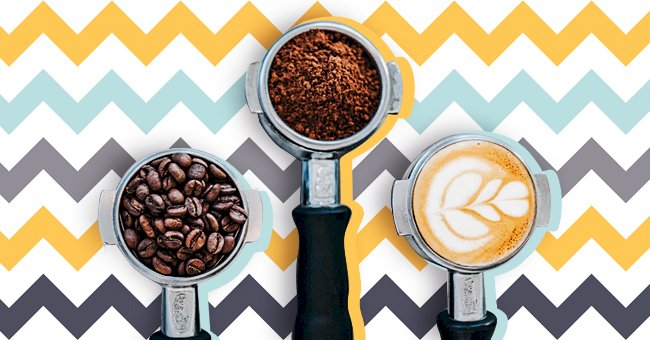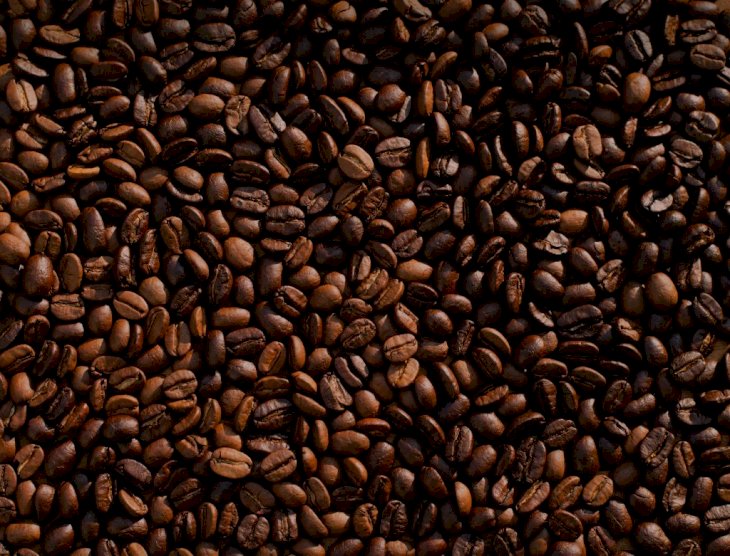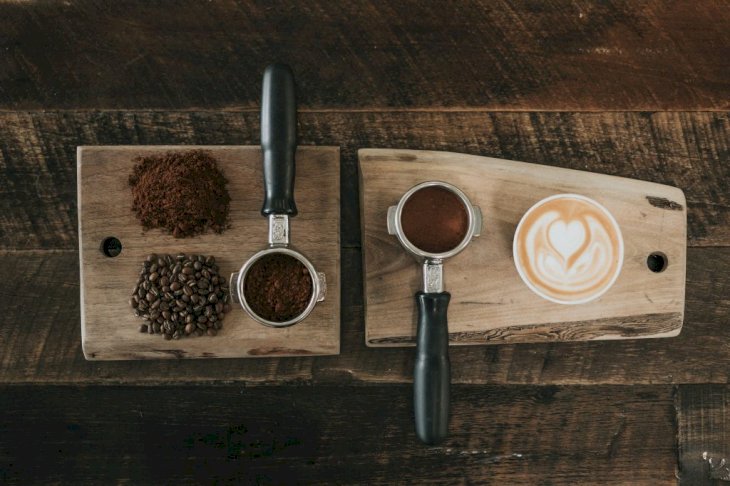
Decaffeinated Coffee: Is It Really Healthier Than Regular Coffee?
Many coffee lovers are faced with a dilemma when it comes to their caffeine intake. People often opt to switch their cups of java to decaf for health or personal reasons.

Photo by Alexander Gilbertson on Unsplash
Decaffeinated coffee has been used as an alternative to regular coffee for years. Most people are not entirely sure if the switch is worth it, mostly because they do not have enough information on the option. We’ll explore some of your unanswered decaf coffee questions below:
Is There No Caffeine in Decaf Coffee?

Photo by Mike Kenneally on Unsplash
The answer is no, not entirely. Decaffeinated coffee contains about 3mg of caffeine in a cup. An ordinary cup of coffee can contain up to 140mg of caffeine. The decaf caffeine content is relatively small compared to a regular cup, so the effects of the caffeine will not be the same.
How is Coffee Decaffeinated?

Photo by Nathan Dumlao on Unsplash
Coffee beans are decaffeinated before they are roasted for drinkable coffee. There are many processes for removing caffeine from coffee beans.
The Swiss Water Process involves using a charcoal filter to remove the caffeine. Other processes use chemicals such as liquid carbon dioxide or methyl chloride to dissolve the caffeine. All substances are removed before the coffee is ready to roast, so it is entirely safe to drink.
Are There Health Benefits to Drinking Decaf?

Photo by Jessica Lewis on Unsplash
Decaffeinated coffee contains antioxidants, even without caffeine. Antioxidants help prevent diseases such as type 2 diabetes, heart disease, and even cancer. Decaf also eliminates possible digestive issues, anxiousness, and sleeplessness that regular coffee may cause.
There are also other nutritional benefits to drinking decaf coffee. You can get your daily recommended amount of magnesium from a single cup, as well as some potassium and Vitamin B3.
Should I Switch to Decaf?

Photo by Mike Kenneally on Unsplash
Switching to decaf is purely up to you and what your body can handle. If you are prone to jitteriness and suffer from anxiety, then decaf may be the best way to go.
People who also have gut problems, and pregnant women should eliminate caffeine from their diets. Regular coffee is safe to drink in moderation for most people, so the switch isn’t essential for everyone.